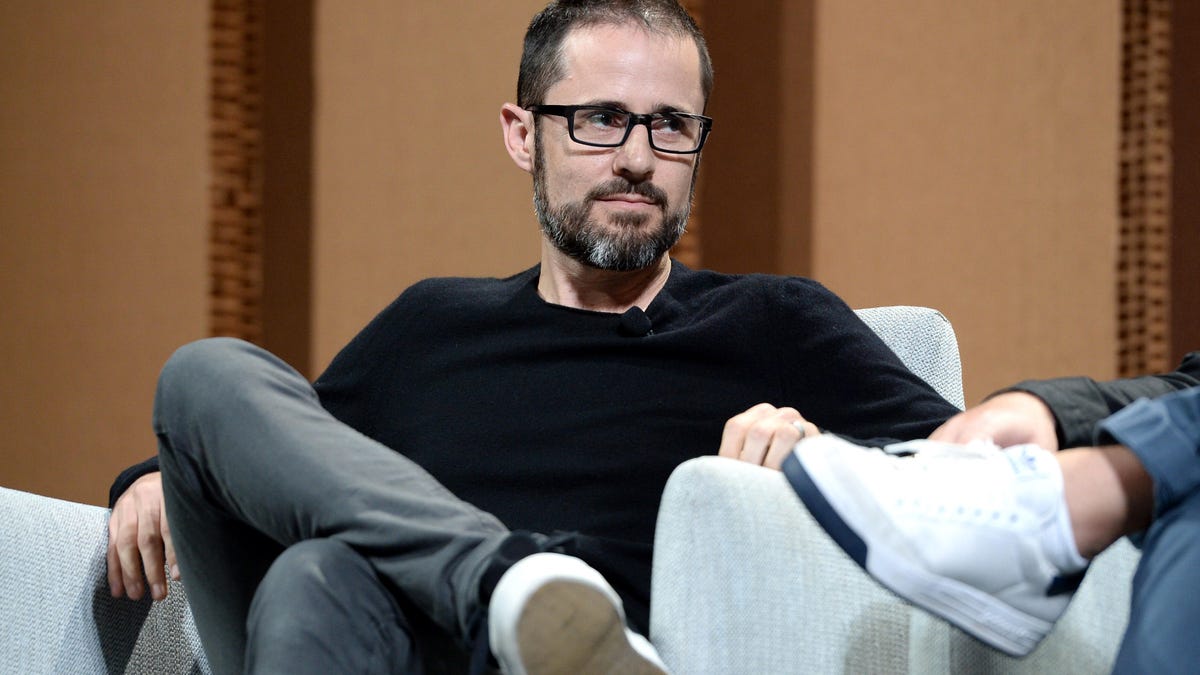Twitter co-founder Ev Williams: Political conversations have become 'noisier'
Technology made it easy to access more information. It might not be making us smarter.

Twitter co-founder and Medium CEO Evan Williams.
Twitter co-founder and Medium CEO Ev Williams said he got excited about the Web because he thought that with more information at our fingertips it would make people smarter. But the rising popularity of social media sites also created an environment where people have become wired to respond to short-term feedback such as the numbers of likes on a tweet or an Instagram post.
"We get hooked on that just like we get hooked on sugar," he said on stage at Recode's annual Code Conference in Scottsdale, Arizona.
When Williams looked at the cycle before Donald Trump was elected president, he doesn't think people are becoming more intelligent. More information doesn't make you smarter, he said, if people don't know how to digest or contextualize it.
"I think part of it is just the limits of the human attention span," he said.
Social media sites, including Twitter, have been trying to foster "healthier" conversations on their platforms in what can be a space filled with bullies and trolls. Studies have also linked social media to depression and anxiety.
To undo the unhealthy nature of instant feedback, Williams said that people need to build systems that don't emphasize likes or followers. Photo-sharing site Instagram has been testing the ability for users to hide their "likes."
The problem, Williams said, is that people have combined the idea of connecting with others with social competition. But that system can burn out users.
"That social competition at all times is exhausting emotionally," he said.

